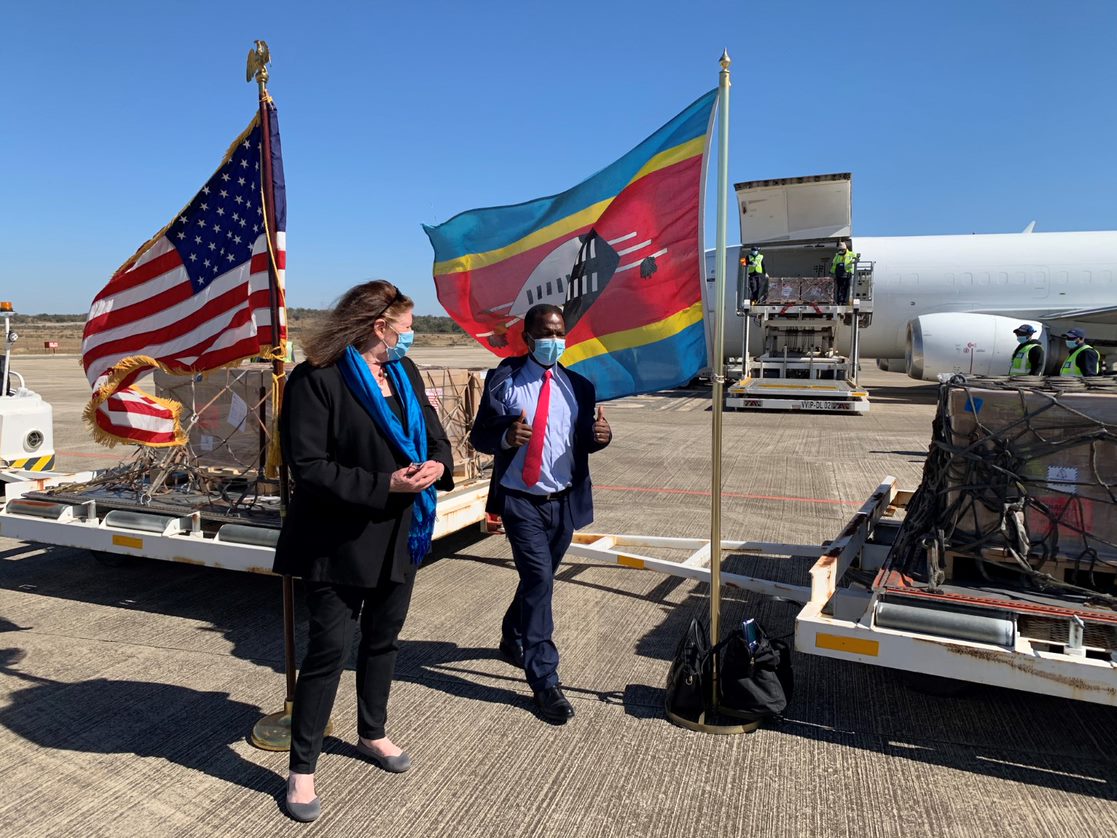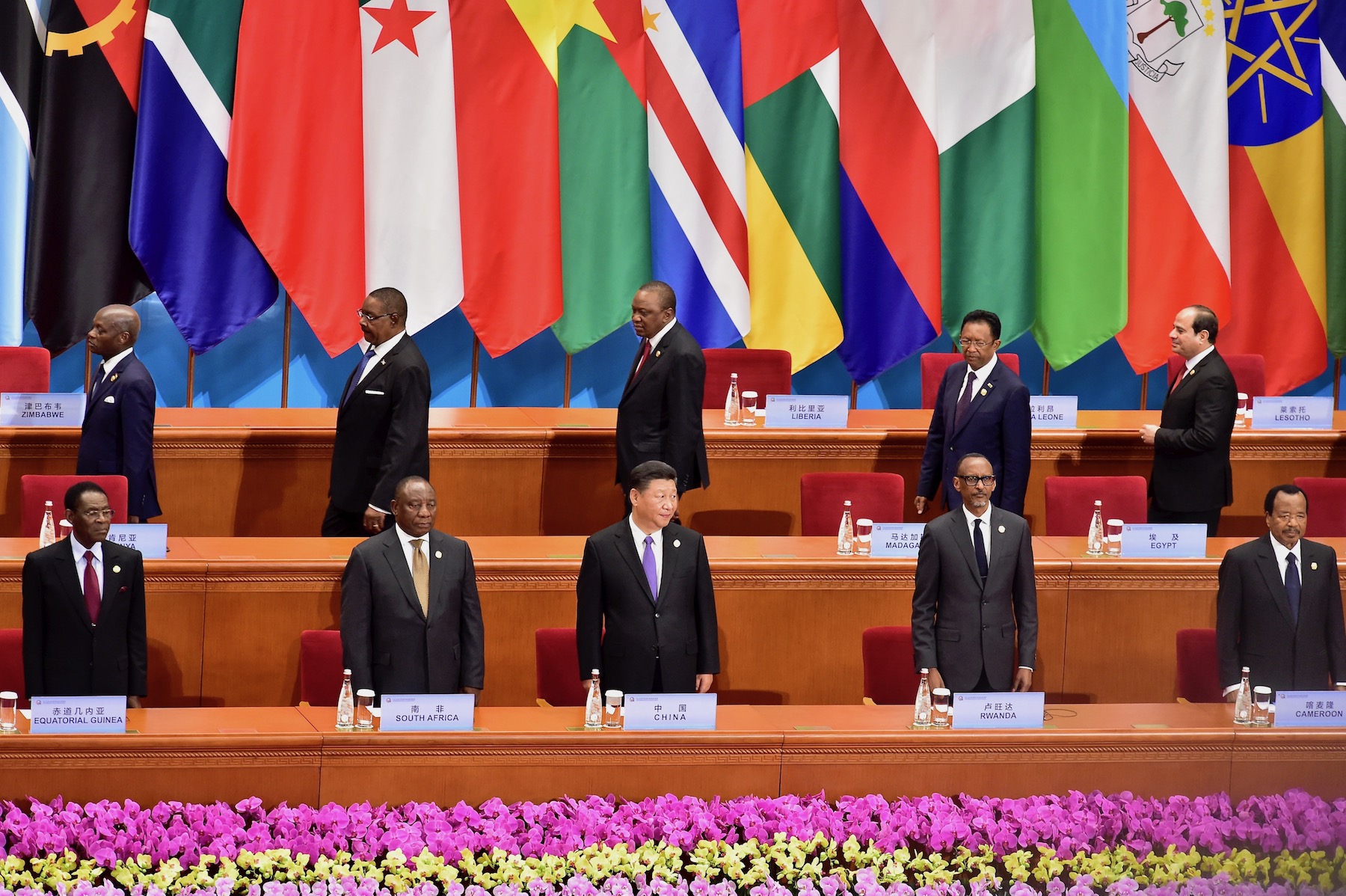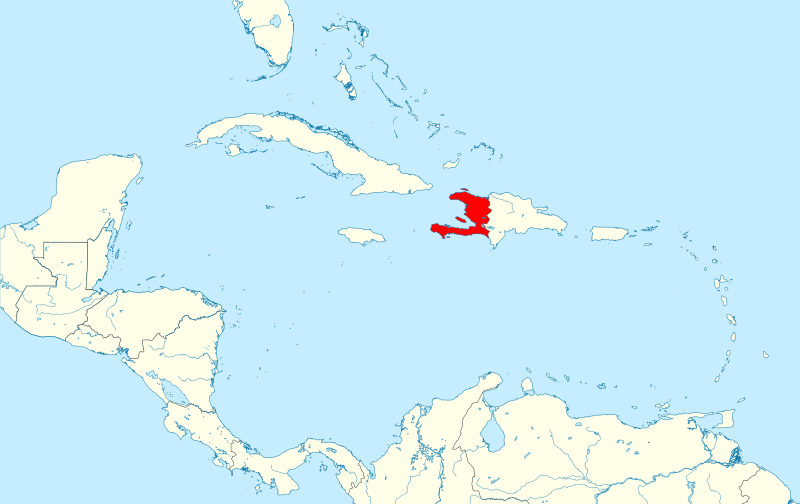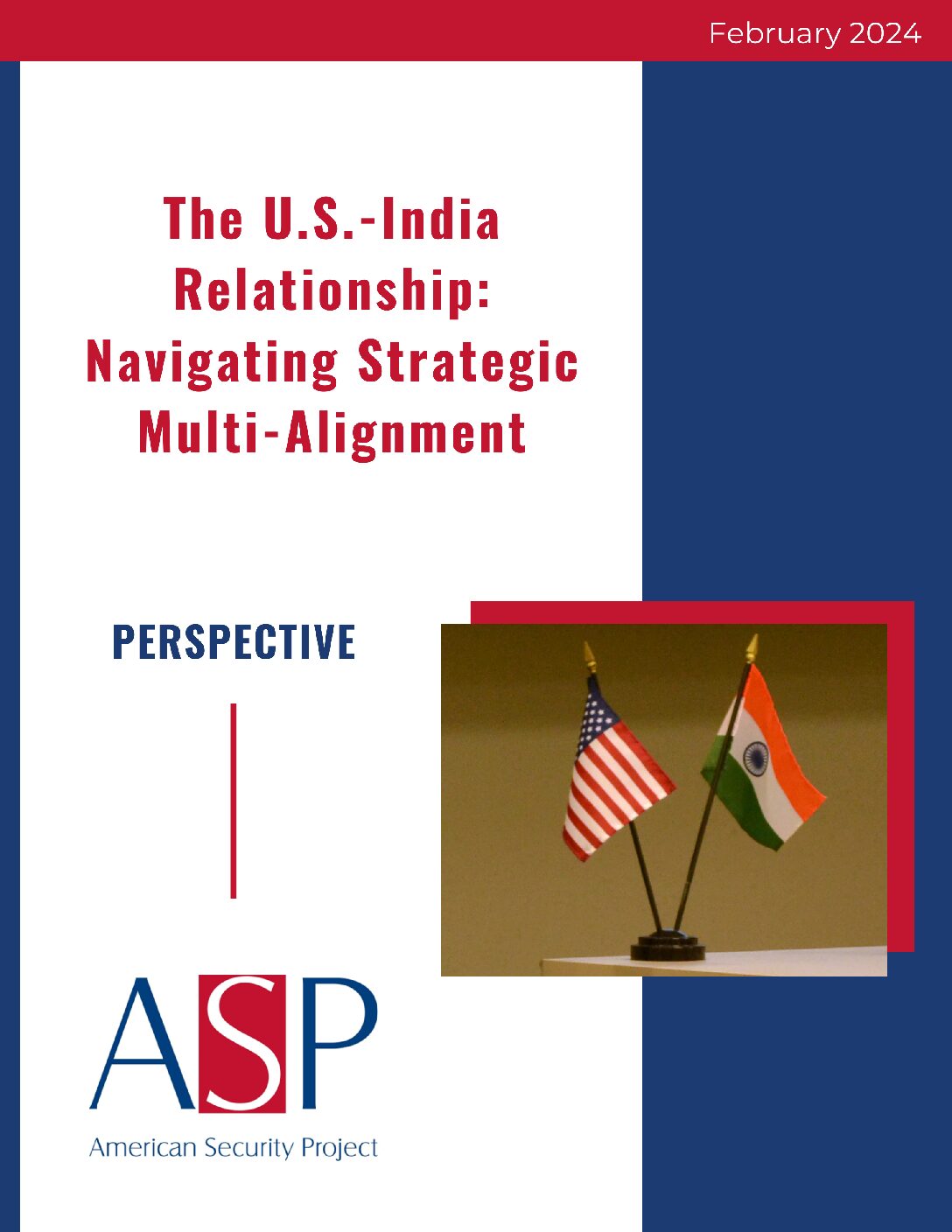On November 1st, the United States and Republic of Korea signed a Memorandum of Understanding on Principles Concerning Nuclear Export and Cooperation, a provisional agreement to “promote the expansion of peaceful nuclear energy.” This agreement will facilitate research cooperation, which can tackle some of the largest issues in nuclear power, while simultaneously bolstering each countries’ economic security. Read more...
















